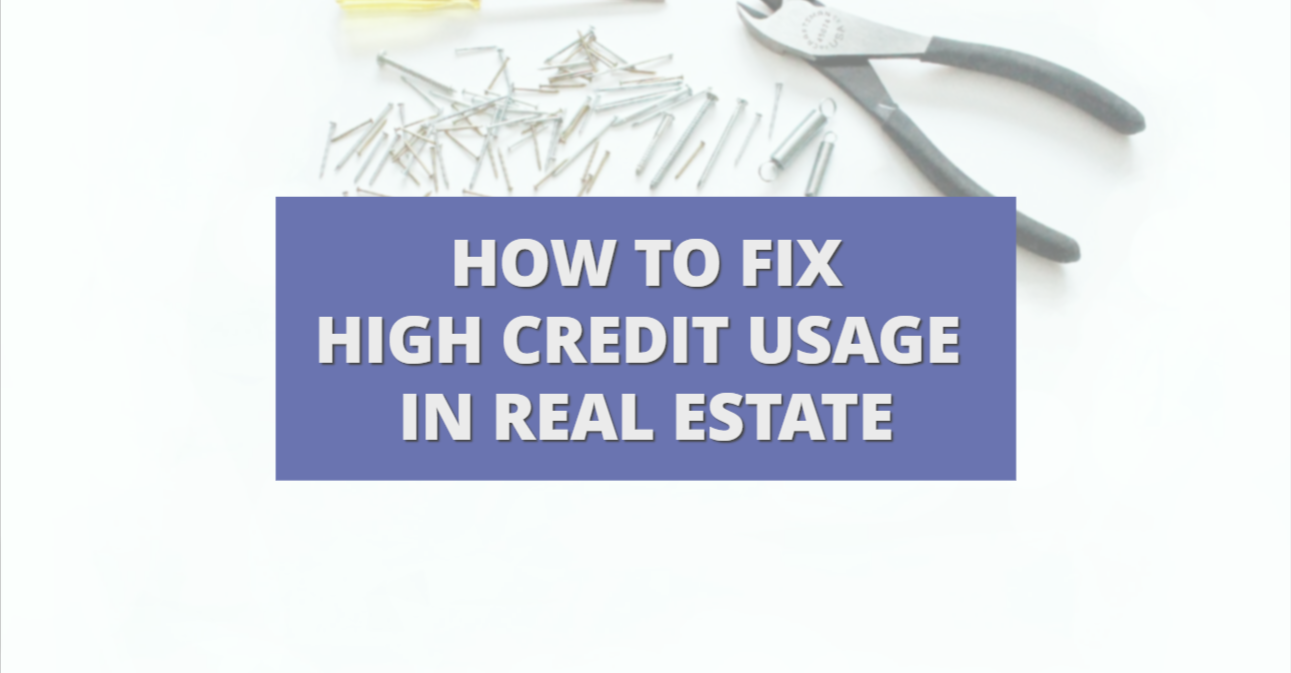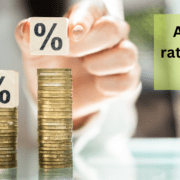How to Fix High Credit Usage as a Real Estate Investor
Categories: Blog Posts
Avoid the investor bad credit cycle and fix high credit usage using these two simple tricks.
High personal credit card usage → Bad credit score → No loan (or a loan with unfavorable terms) → No or less cash out to pay off the cards → Difficulty getting a loan for the next project
What does this cycle start with?
High usage on personal credit cards.
So, there are two solutions we recommend: 1) fixing the high usage, and 2) not using personal credit cards. Here’s how to do both.
Fix High Credit Usage with a Usage Loan
We had a client who racked up $40,000 on his personal credit cards on the fix-up of a rental property. Since it’s on his personal cards, that high usage reports on his personal credit. To fix this, we gave him a $40,000 usage loan (one that does not report on his credit).
The $40k loan from us is secured by another piece of property, or he could have gotten a loan from a friend or family member that also wouldn’t report.
He uses the loan to pay down all the credit cards. Because usage makes up 30% of your credit score, lowering your usage will likely improve your score within 30 to 60 days.
Once our client has used the loan in this way, his score went from 680 back up to 720. He can get the DSCR loan with a half point rather than 3 points, saving him thousands of dollars on the transaction.
Business Credit Cards for Real Estate Costs
The usage loan is the fix-it-quick solution. The long-term solution for this bad credit cycle is to use a business credit card for all costs associated with your real estate investing career.
The only difference between a business and a personal card is that it’s in your business’s LLC, and it doesn’t report to your personal credit.
So going forward, as our client uses his cards for future projects, it won’t affect his personal credit score or future financing, since he’ll now use his business cards.
Be aware that you’re getting the right business credit card. Some still report to personal credit, like Capital One.
Read the full article here.
Watch the video here:











